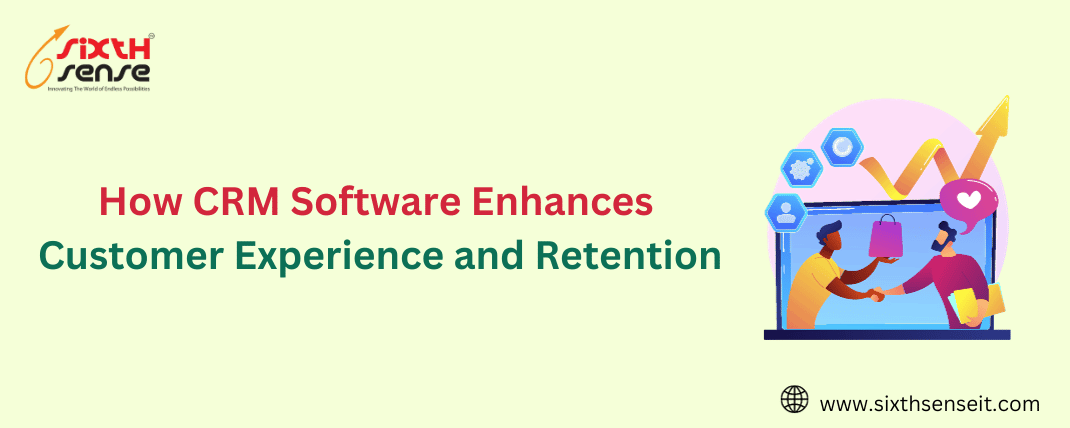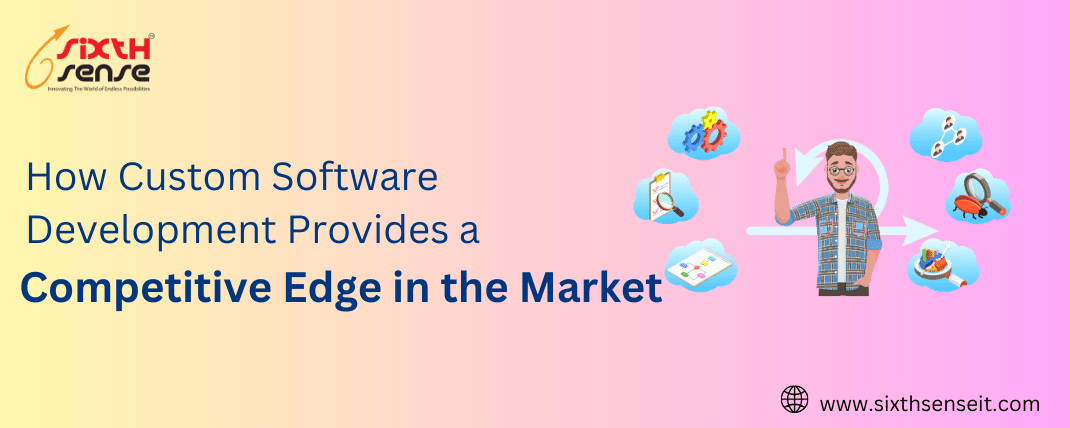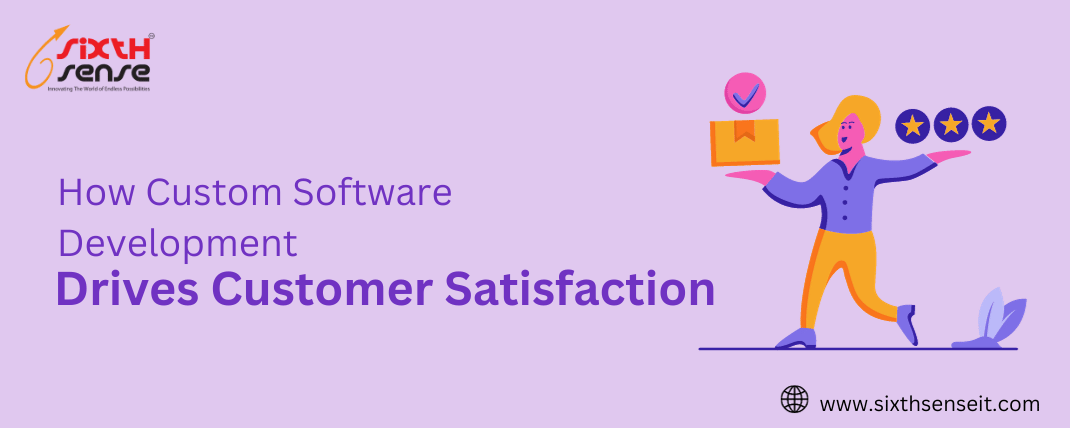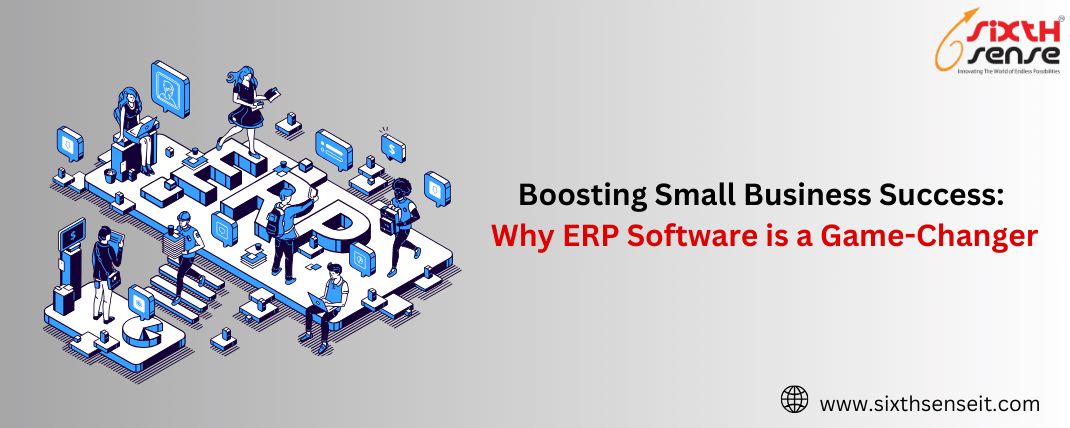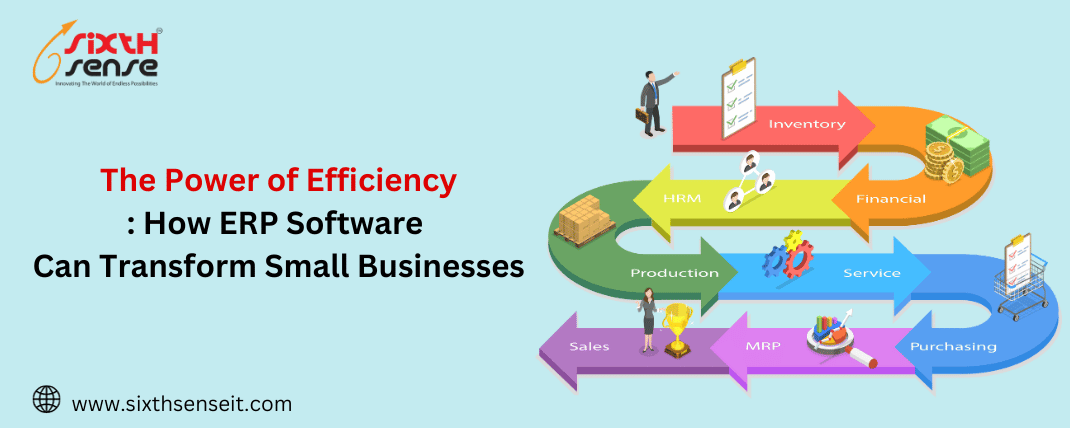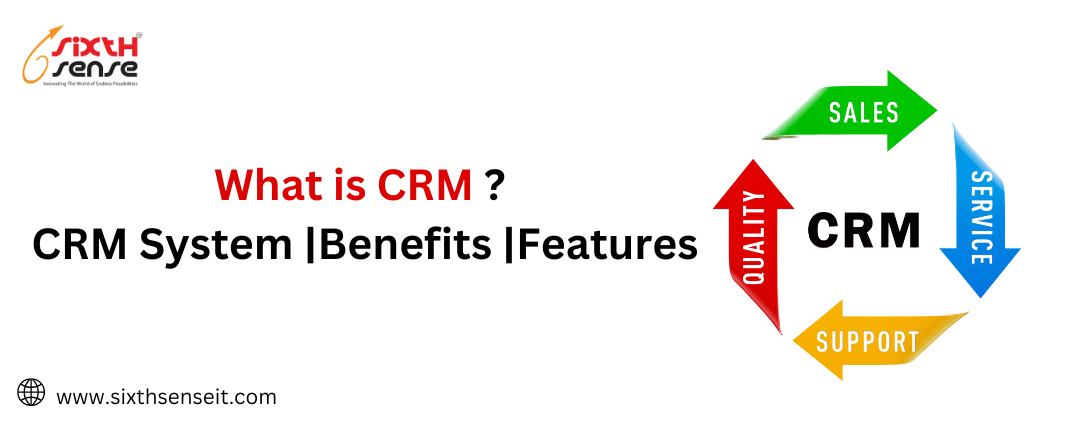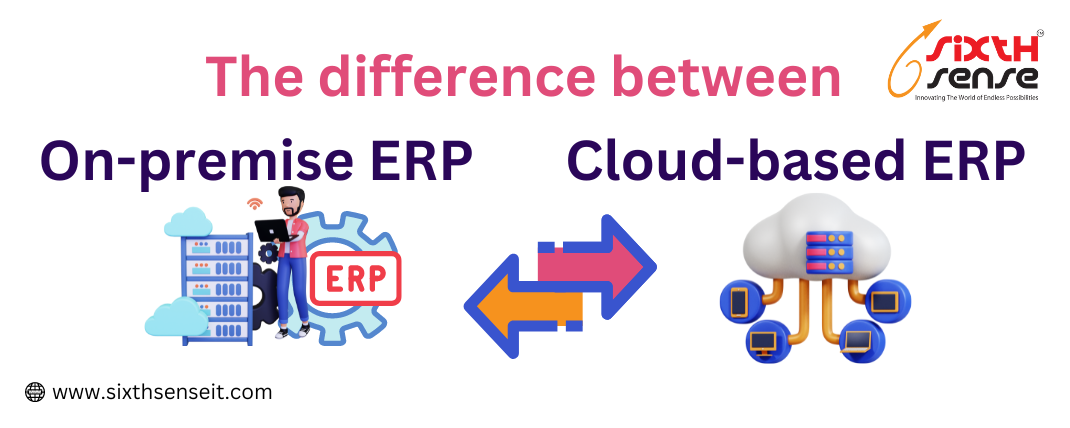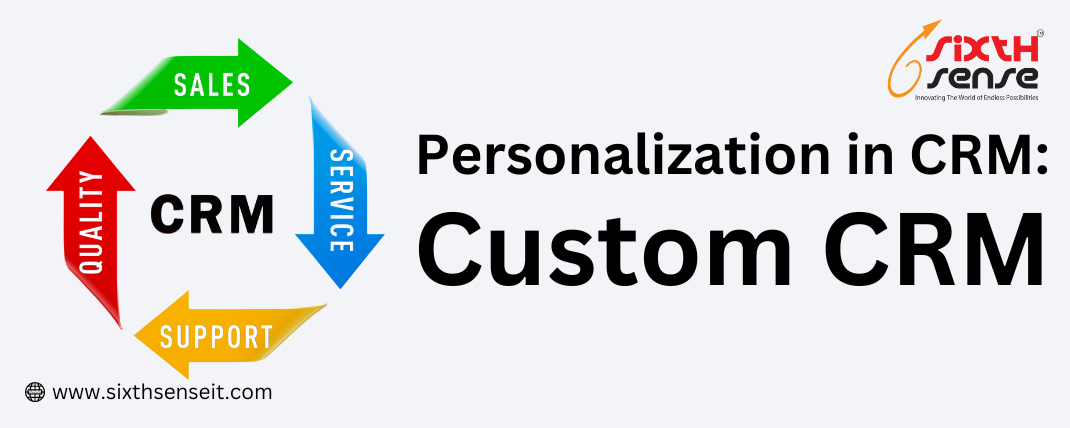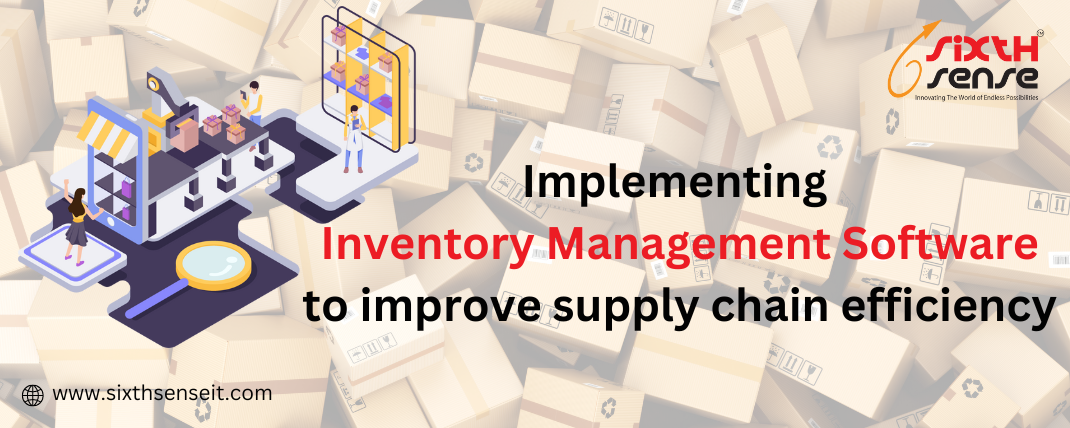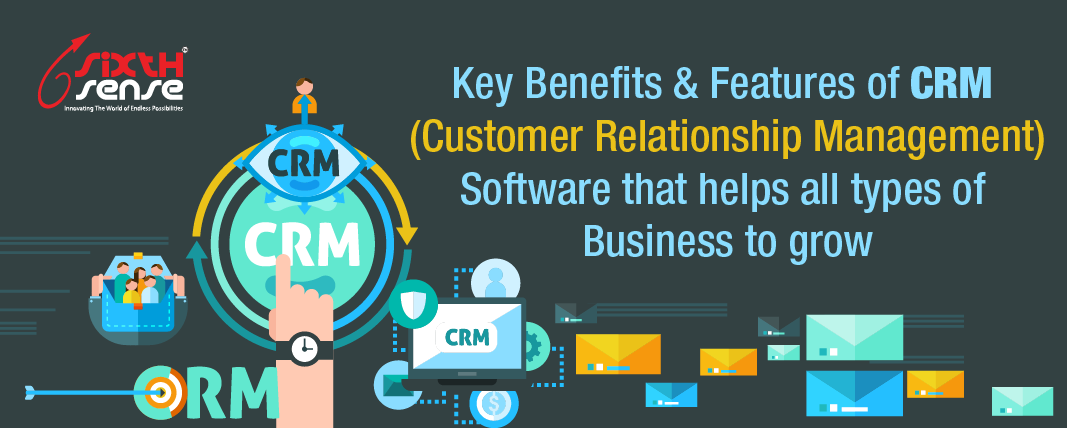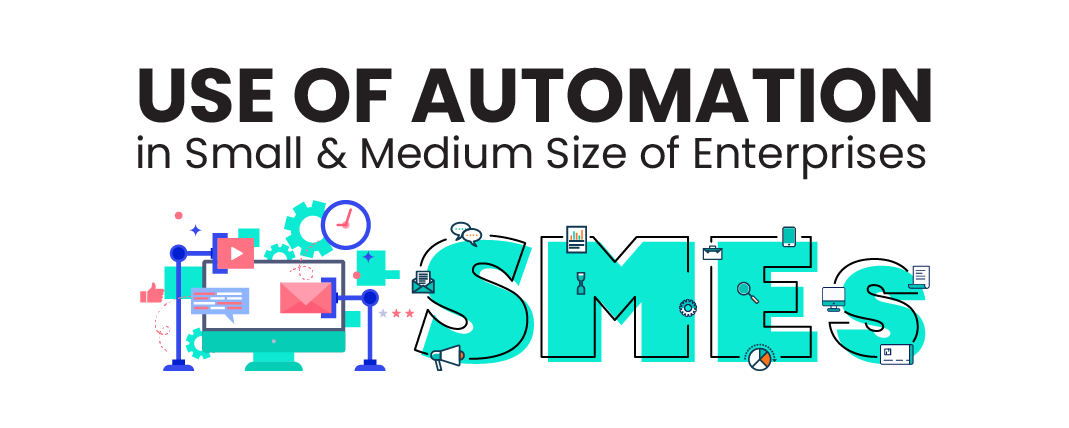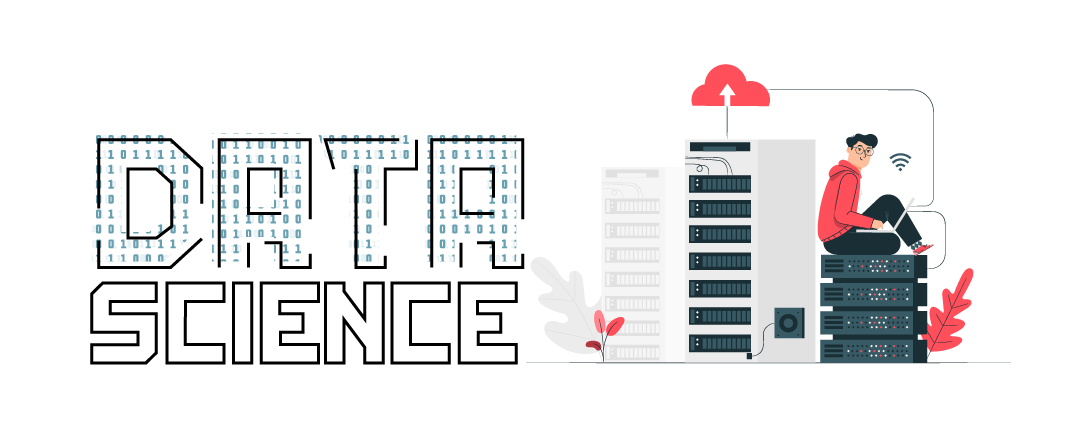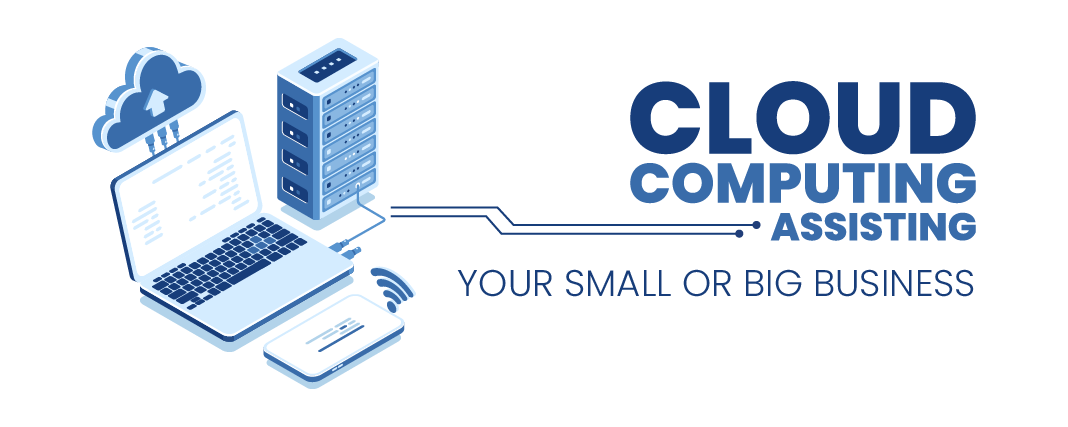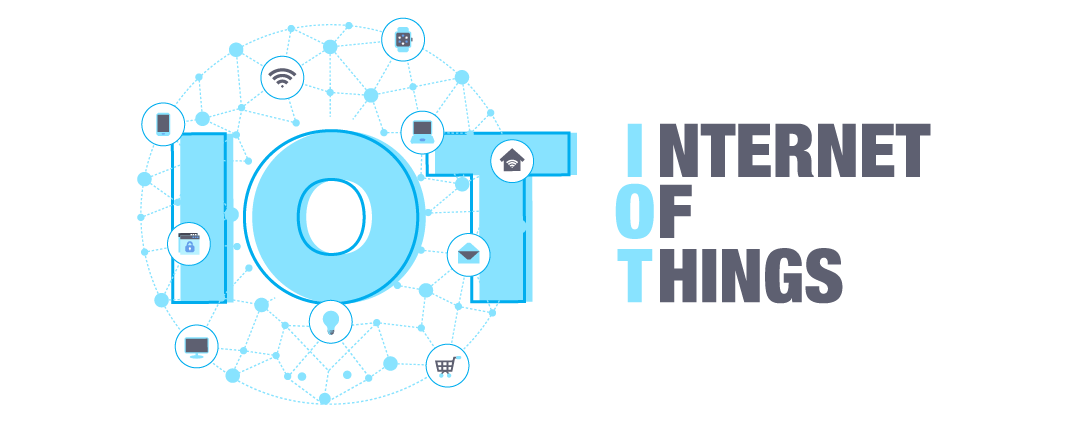
How to choose the right IT support for your company?


IT support, also known as technical support, refers to the services and assistance provided to users of technology products, such as computers, software, and mobile devices. IT support can include a wide range of services, from troubleshooting and resolving technical issues to providing training and advice on how to use new technologies. The goal of IT support is to ensure that users are able to use technology products effectively and efficiently and to minimize the impact of technical problems on their productivity.
There are various forms of IT support, including in-house support, where a company has its own IT support team, and outsourced support, where a company hires a third-party provider to handle its IT support needs. In-house support is often the best option for large companies with a significant number of employees and complex technology needs. Outsourced support is a good choice for smaller companies or those with limited resources. This option offers flexibility, scalability, and cost-effectiveness as the provider can handle multiple customers and can also provide specialized services. The provider can also offer remote support, which allows them to access and fix issues on the user's computer remotely, minimizing downtime and reducing the need for on-site visits.
IT support is important for a number of reasons:
Technology is essential for the day-to-day operations of most businesses, and IT support is crucial for ensuring that technology is working properly and efficiently. When technology is working as it should, employees are able to complete their work more quickly and effectively, which in turn increases productivity.
IT support teams are responsible for identifying and resolving technical issues that may arise. They are trained to troubleshoot and fix problems quickly and efficiently, which can help minimize downtime and prevent small issues from becoming major problems.
IT support teams are also responsible for ensuring the security of a company's technology systems and networks. They are trained to identify and mitigate security threats, such as malware and hacking attempts, which can help protect a company's sensitive data and information.
Many industries have specific regulations and compliance standards that must be met in regards to technology. IT support teams are knowledgeable in these regulations and can ensure that a company is in compliance, avoiding potential penalties and legal issues.
IT support can help companies save money in the long run. By identifying and resolving issues before they become major problems, IT support teams can help prevent costly downtime and data loss. Additionally, regular maintenance and updates can extend the lifespan of technology, reducing the need for expensive replacements.
The technology is constantly evolving, and IT support teams stay updated with the latest technologies and trends. They can provide advice and guidance on new software, hardware, and other technologies that can help improve a company's operations and competitiveness.
In summary, IT support is essential for the smooth running of a business, ensuring that technology is working properly, and that employees are productive. It also helps in protecting the company's sensitive data and information, staying compliant, and saving money in the long run. Additionally, it helps in staying updated with the latest technologies and trends.
Choosing the right IT support for your company is a crucial decision that can have a significant impact on the overall productivity and efficiency of your business. In today's digital age, a reliable IT support team is essential for keeping your business running smoothly and ensuring that you are able to take advantage of the latest technologies. In this blog post, we will explore some key factors to consider when choosing an IT support provider for your company.
One of the most important things to look for when choosing an IT support provider is expertise. You want to make sure that the provider you choose has a team of experienced and knowledgeable professionals who are well-versed in the latest technologies and trends. This will ensure that they are able to provide you with the best possible support and help you stay ahead of the curve.
Expertise is an important factor to consider when choosing an IT support provider because it can have a significant impact on the quality of service and support that you receive. Here are a few reasons why expertise is important:
An IT support provider with a team of experts will have a deep understanding of the latest technologies and trends. They will be able to provide you with up-to-date advice and guidance on new software, hardware, and other technologies that can help improve your business operations and competitiveness.
An expert IT support team will have the knowledge and skills to troubleshoot and resolve technical issues quickly and efficiently. This can help minimize downtime and prevent small issues from becoming major problems, which can have a significant impact on the productivity and efficiency of your business.
IT security is a critical concern for businesses of all sizes. An IT support provider with expertise in security can help ensure that your systems and networks are protected against cyber threats, such as malware and hacking attempts, and that your sensitive data is kept safe and secure.
Many industries have specific regulations and compliance standards that must be met regarding technology. An IT support provider with expertise in compliance can ensure that your business is in compliance with these regulations, avoiding potential penalties and legal issues.
An expert IT support provider will be proactive in identifying and addressing potential issues before they become problems. They will monitor your systems and networks, identify potential security threats and vulnerabilities, and take steps to mitigate them before they cause any damage. This proactive approach can help ensure that your systems are always running smoothly and securely.
In conclusion, choosing an IT support provider with expertise is important because it ensures that you have a team of experienced and knowledgeable professionals who can provide you with the best possible support and help you stay ahead of the curve. They can provide you with up-to-date advice and guidance, troubleshoot and resolve technical issues quickly and efficiently, ensure your systems and networks are protected against cyber threats, and ensure your business is in compliance with regulations. They are also proactive in identifying and addressing potential issues before they become problems, which can have a significant impact on the productivity and efficiency of your business.
Another important factor to consider is availability. Your IT support provider should be available to you at all times, whether you need help with an urgent issue or simply have a question about a new technology. Look for a provider that offers 24/7 support, so you can be sure that you will always have someone to turn to when you need help.
Availability is an important factor to consider when choosing an IT support provider because it can have a significant impact on the level of service and support that you receive. Here are a few reasons why availability is important:
Technology issues can arise at any time, and it's important to have a support team that is available to you when you need them. An IT support provider that offers 24/7 availability can ensure that you are able to get help when you need it, whether you are dealing with an urgent issue or simply have a question about a new technology.
Technology downtime can be costly for businesses, and it's important to minimize this as much as possible. An IT support provider that is available at all times can help minimize downtime by resolving issues quickly and efficiently.
Some IT support providers offer remote support, which allows them to access and fix issues on the user's computer remotely. This can minimize downtime and reduce the need for on-site visits.
If your business operates in multiple locations, or your employees are working remotely, it's important to have an IT support provider that can offer you support from different time zones.
If your business operates during specific hours, you should look for an IT support provider that can offer you support during those hours, so you can minimize the impact of technology issues on your business operations.
In conclusion, availability is an important factor to consider when choosing an IT support provider because it ensures that you have a team that is available to you when you need them. This can help minimize downtime, ensure that urgent issues are resolved quickly, and reduce the need for on-site visits. Additionally, if your business operates in multiple locations or your employees are working remotely, it's important to have an IT support provider that can offer you support from different time zones, or during your business hours.
As your business grows and evolves, so too will your IT needs. It's important to choose a provider that can grow and change with your business, offering scalable solutions that can be adapted to your specific needs. This will help ensure that your IT support is always able to keep up with the changing demands of your business.
Scalability is an important factor to consider when choosing an IT support provider because it can have a significant impact on the ability of your IT support to meet the changing needs of your business. Here are a few reasons why scalability is important:
As your business grows and evolves, so too will your IT needs. It's important to choose a provider that can grow and change with your business, offering scalable solutions that can be adapted to your specific needs. This will help ensure that your IT support is always able to keep up with the changing demands of your business.
Scalable IT support solutions offer flexibility, which means that you can add or remove services as needed, without having to invest in new infrastructure. This allows you to adjust your IT support services to match your business needs and budget.
Scalable IT support solutions can be cost-effective because they allow you to pay for only the services you need, without having to invest in services that you may not need or use. This can help you save money in the long run.
A scalable IT support solution can handle peak loads of traffic or usage, ensuring that your systems and networks can handle the increased demands placed on them during busy periods.
Scalable IT support solutions are adaptable, which means they can be upgraded and adjusted to incorporate new technologies as they become available. This can help ensure that your business is always taking advantage of the latest technologies and trends.
In conclusion, scalability is an important factor to consider when choosing an IT support provider because it ensures that your IT support is able to grow and change with your business. Scalable solutions offer flexibility, cost-effectiveness, and the ability to handle peak loads. Additionally, it allows adapting to new technologies and trends, which can help ensure that your business is always taking advantage of the latest technologies. This can help ensure that your IT support is always able to keep up with the changing demands of your business, and support the growth of your business.
A good IT support provider will be proactive in identifying and addressing potential issues before they become problems. They will monitor your systems and networks, identify potential security threats and vulnerabilities, and take steps to mitigate them before they cause any damage. This proactive approach will help ensure that your systems are always running smoothly and securely.
Proactivity is an important factor to consider when choosing an IT support provider because it can have a significant impact on the level of service and support that you receive. Here are a few reasons why proactivity is important:
A proactive IT support provider will constantly monitor your systems and networks, identify potential issues and vulnerabilities and take steps to mitigate them before they cause any damage. This proactive approach can help ensure that your systems are always running smoothly and securely.
By identifying and addressing potential issues before they become problems, a proactive IT support provider can minimize downtime and ensure that your business operations are not impacted.
Proactive IT support can be cost-effective, as it helps prevent issues from becoming major problems, which can be more expensive to fix.
Proactive IT support can help improve the overall performance of your IT systems, by identifying and resolving issues before they impact the users.
A proactive IT support provider can also help you with strategic planning, by identifying the areas where your IT systems could be improved and providing recommendations for future investments.
In conclusion, proactivity is an important factor to consider when choosing an IT support provider because it ensures that your IT support is constantly monitoring your systems and networks, and taking steps to mitigate potential issues before they cause any damage. This proactive approach can help minimize downtime, ensure your systems are running smoothly and securely, and can be cost-effective. Additionally, a proactive IT support provider can help with strategic planning and improve overall IT performance. This can help ensure that your IT support is always working to keep your systems running at optimal levels, and help your business grow.
Last but not least, communication is key when it comes to IT support. You should look for a provider that is easy to communicate with, and that is able to provide you with clear and concise information about the status of your systems and the steps they are taking to resolve any issues.
Communication is an important factor to consider when choosing an IT support provider because it can have a significant impact on the level of service and support that you receive. Here are a few reasons why communication is important:
A good IT support provider will be transparent in their communication, providing clear and concise information about the status of your systems and the steps they are taking to resolve any issues. This can help you stay informed about the state of your IT systems and make informed decisions about how to proceed.
A good IT support provider will be responsive to your needs and requests, and will be able to answer your questions and concerns in a timely manner. This can help ensure that issues are resolved quickly and efficiently, minimizing downtime and maximizing productivity.
An IT support provider that communicates clearly can help ensure that you understand the steps they are taking to resolve any issues and the potential impact of those issues on your business operations.
A good IT support provider will also provide you with feedback on the performance of your IT systems and suggestions for improvements. This can help you identify areas where your IT systems could be optimized and help you make informed decisions about future investments.
A good IT support provider will be able to understand the specific needs of your business and tailor their communication and support accordingly. This can ensure that your IT support is tailored to meet the unique needs of your business.
In conclusion, communication is an important factor to consider when choosing an IT support provider because it ensures that you have a clear understanding of the state of your IT systems and the steps that are being taken to resolve any issues. A good IT support provider will be transparent, responsive, clear, and provide feedback and tailor their communication to meet the specific needs of your business. This can help ensure that issues are resolved quickly and efficiently, minimize downtime and maximize productivity, and help your business make informed decisions about future investments.
Choosing the right IT support provider is a critical decision that can have a significant impact on your business. By taking the time to consider the factors outlined above, you can be sure that you are choosing a provider that can meet your specific needs and help you stay ahead of the curve. With the right IT support in place, you can focus on growing your business and achieving your goals, knowing that your IT systems are in good hands.




